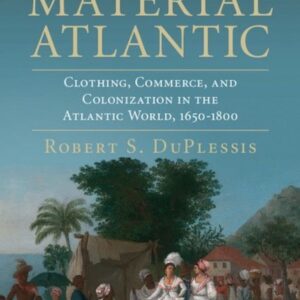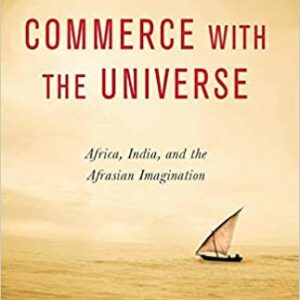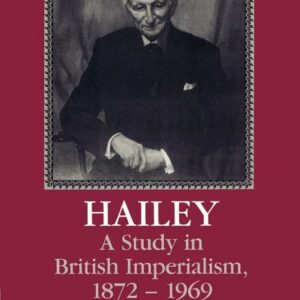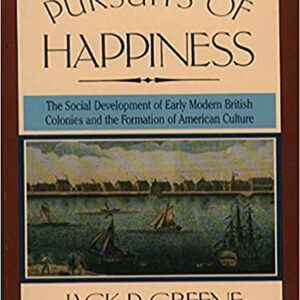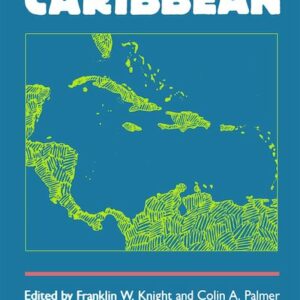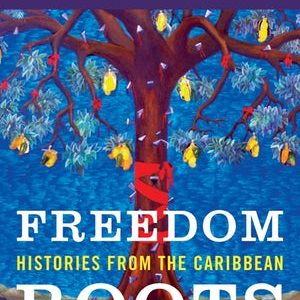
Freedom Roots: Histories from the Caribbean
By Laurent Dubois (NHC Fellow, 2008–09; 2016–17), and Richard Lee Turits (NHC Fellow, 2016–17) "To tell the history of the Caribbean is to tell the history of the world," write Laurent Dubois and Richard Lee Turits. In this powerful and expansive story of the vast archipelago, Dubois and Turits chronicle how the Caribbean has been … Continued

